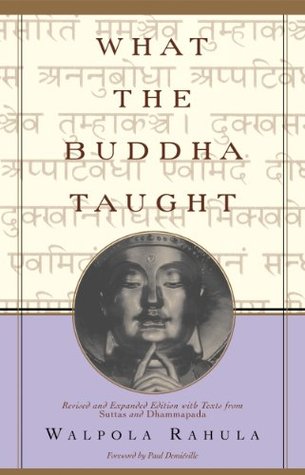For a country to be happy it must have a just government. How this form of just government could be realized is explained by the Buddha in his teaching of the ‘Ten Duties of the King’ (dasa-rājadhammd), as given in the Jātaka text.1 Of course the term ‘king’ (Rāja) of old should be replaced today by the term ‘Government’. ‘The Ten Duties of the King’, therefore, apply today to all those who constitute the government, such as the head of the state, ministers, political leaders, legislative and administrative officers, etc. The first of the ‘Ten Duties of the King’ is liberality, generosity,
For a country to be happy it must have a just government. How this form of just government could be realized is explained by the Buddha in his teaching of the ‘Ten Duties of the King’ (dasa-rājadhammd), as given in the Jātaka text.1 Of course the term ‘king’ (Rāja) of old should be replaced today by the term ‘Government’. ‘The Ten Duties of the King’, therefore, apply today to all those who constitute the government, such as the head of the state, ministers, political leaders, legislative and administrative officers, etc. The first of the ‘Ten Duties of the King’ is liberality, generosity, charity (dāna). The ruler should not have craving and attachment to wealth and property, but should give it away for the welfare of the people. Second: A high moral character (sīla). He should never destroy life, cheat, steal and exploit others, commit adultery, utter falsehood, and take intoxicating drinks. That is, he must at least observe the Five Precepts of the layman. Third: Sacrificing everything for the good of the people (pariccāga), he must be prepared to give up all personal comfort, name and fame, and even his life, in the interest of the people. Fourth: Honesty and integrity (ajjava). He must be free from fear or favour in the discharge of his duties, must be sincere in his intentions, and must not deceive the public. Fifth: Kindness and gentleness (maddava). He must possess a genial temperament. Sixth: Austerity in habits (tapa). He must lead a simple life, and should not i...
...more
This highlight has been truncated due to consecutive passage length restrictions.
I'd say the pres. goes 0 for 10 on the Buddhist scorecard for good leaders.


